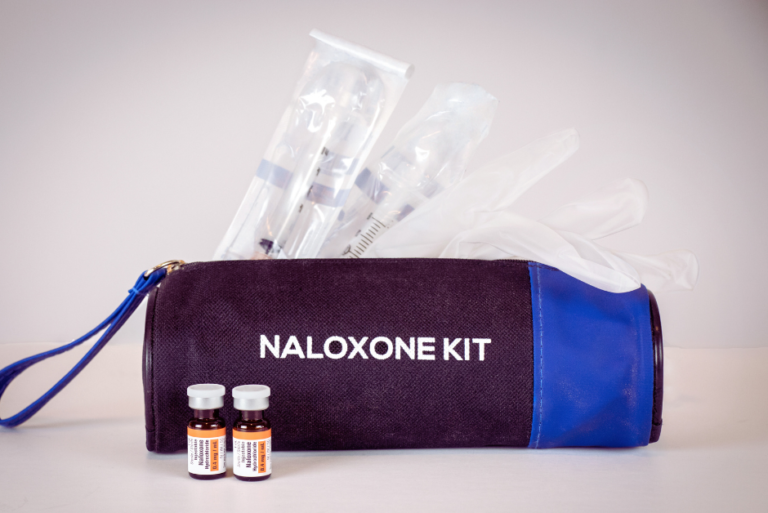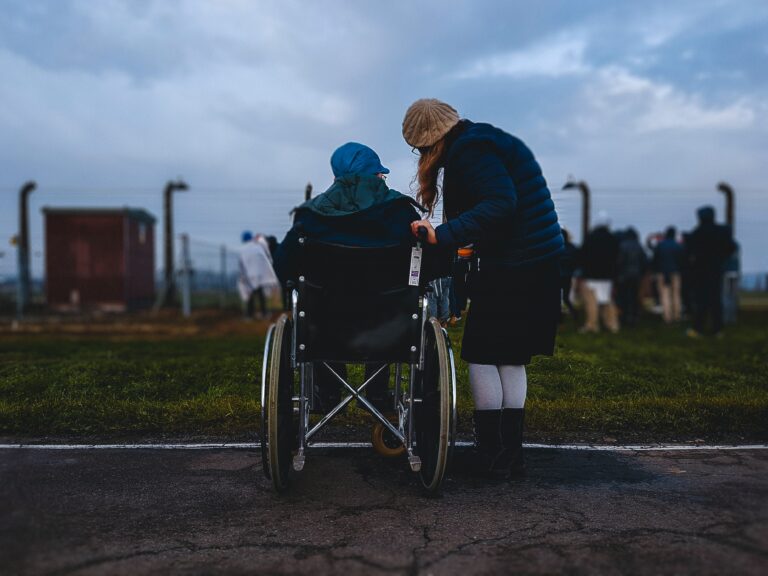20th of July 2024, 11:27am
Legislative Council of Victoria, Spring Street, Melbourne
David ETTERSHANK (Western Metropolitan):
I rise to make a contribution to the Victorian Responsible Gambling Foundation Repeal and Advisory Councils Bill 2024. As the title suggests, the bill seeks to repeal the Victorian Responsible Gambling Foundation (VRGF) and the advisory council. By a long chalk, gambling is Victoria’s most costly addiction. Per capita Victorians spend some $1300 on betting every year, and we lose over $3 billion annually to poker machines. My region, Western Metropolitan, has borne more than its fair share of these losses. I have stood in this chamber on a number of occasions and noted that Brimbank holds the grim title of the local government area with the highest poker machine losses in the state, with losses of more than $1.29 billion over the last 10 years.
The harms associated with gambling are not restricted to financial losses. These harms can have a ripple effect: from the detrimental impact on an individual’s health and wellbeing, causing stress, depression and insomnia, through to the destruction of relationships and family. Domestic and family violence is a known harm associated with gambling, with higher rates of perpetration and victimisation found among individuals with gambling problems. The harms of problem gambling are disproportionately felt by those living with financial and other forms of stress and people with mental health issues and addiction problems.
This was recognised by the Victorian Auditor-General’s Office in its 2021 report asking, ‘Is the Victorian Responsible Gambling Foundation effectively reducing the severity of gambling?’ The report found that problematic gambling does not happen in a vacuum and that there needs to be an approach that enables gamblers to address the underlying causes of their gambling addiction. In its report VAGO identified a siloed approach in the VRGF, with no integration between gambling harm and broader health, mental health and alcohol and other drug issues. While acknowledging the good work undertaken by the VRGF, it found that the foundation was not effective in discharging its functions and did not know whether its programs were effectively reducing the severity of gambling harm, stating that while the programs may have helped some people, ‘the foundation lacks an outcome-based framework to develop programs’ or to measure if it has reduced harm in the community. The report also acknowledges that the foundation had produced some good research, but that it did not always use the evidence to improve program design and service delivery. While seven recommendations in the VAGO report were accepted by VRGF, only one has been actioned in the three years since the report’s publication.
This bill disbands the VRGF and redistributes its functions across several government departments. Under the new proposed model of service delivery, services related to Gambler’s Help will be contracted through the Department of Health, research services will be contracted through the Department of Justice and Community Safety and the education and advertising functions will be contracted through the regulator. We are advised that the Responsible Gambling Ministerial Advisory Council and the Liquor Control Advisory Council will be replaced with new committees that have stronger representation from community advocates and people with lived experience.
At the end of the day the VRGF essentially contracts service providers to deliver services, and these services will now be contracted by other agencies. The VRGF staff will be transferred across to the new agencies. We are pleased to see that the current level of funding will be maintained, with additional funding to deliver suicide prevention training to gambling helpline staff and financial counsellors. There will also be a review of the delivery of these programs by the Department of Health. Stakeholders, including the Alliance for Gambling Reform, broadly support these reforms and believe that they will lead to better service delivery through the health sector. Stakeholders were, however, concerned at the government’s delay in rolling out its 2023 reforms. Whilst we have received an assurance that the legislation to enable this will be introduced in this session of Parliament, there does not appear to be any great urgency on the government’s part to get on with it. Please, get on with it.
The biggest concern is the state’s continued reliance on gambling revenue. The projected revenue in this year’s budget from poker machines alone is expected to be $1.4 billion. We know this revenue comes at the expense of those who can least afford it, and we also know that the social costs, the emotional and psychological costs, the impacts on relationships and the loss of productivity are estimated at $7 billion a year. I have spoken about this conflict of interest before. It is hard to determine how serious the government is about protecting vulnerable Victorians from gambling harm when it continues to be so dependent on the revenue generated from gambling. The government has said that the recommendations of the VAGO report will be actioned by the government agencies taking on the VRGF’s functions. We would like to see a timeline for these recommendations to be actioned.
I do hope we will see more ambition from this government and more care for those Victorians who are at the severe end of gambling harm, including implementing mandatory precommitment limits on poker machines in pubs and clubs around the state. These are the types of reforms that will have an actual impact on gambling harms and also might start to see the government deal with its own gambling addiction. Legalise Cannabis will be supporting the bill, including the amendments proposed by the Greens.
[Ends]





